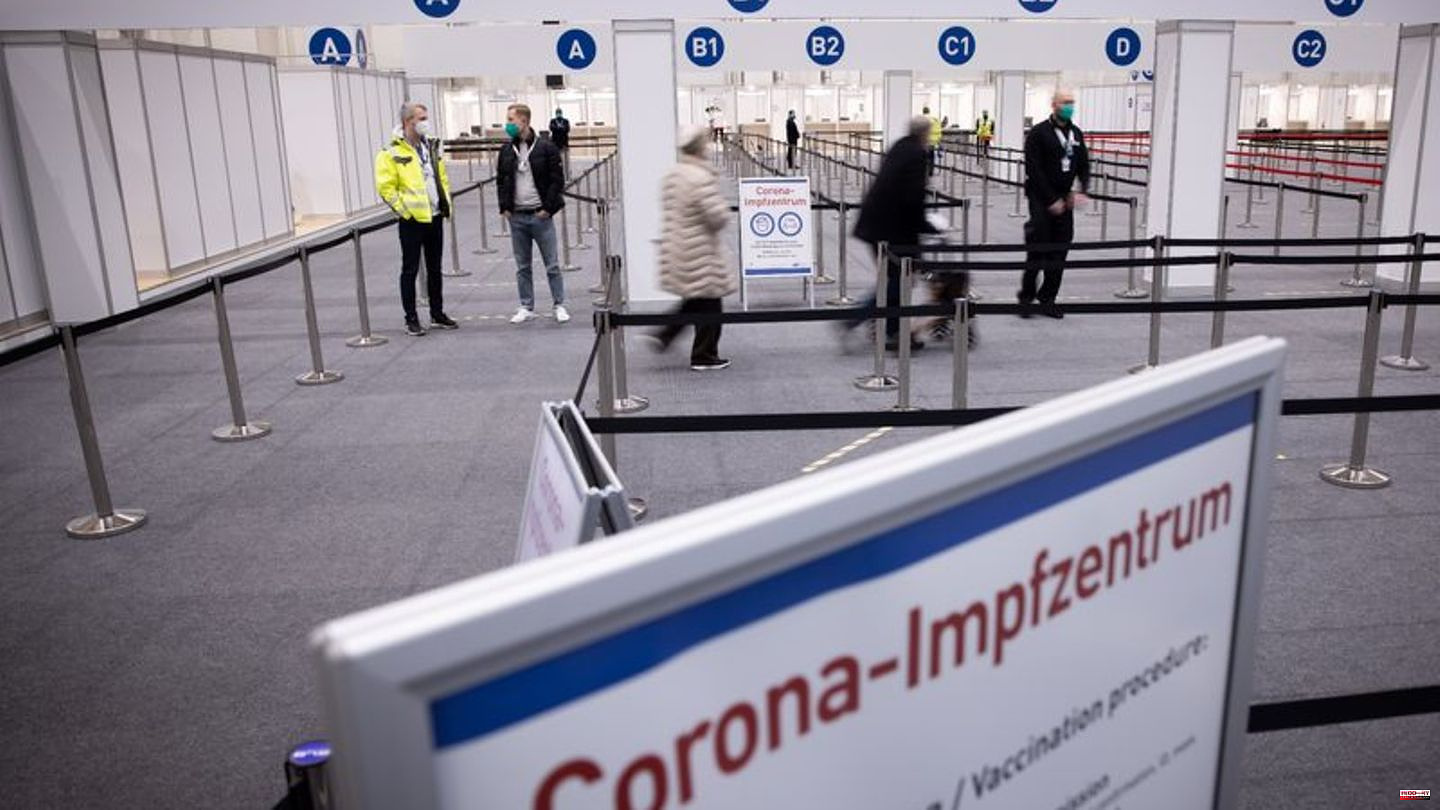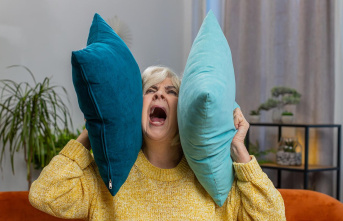According to a new survey, the fear of contracting corona continues to decrease in Germany. In a representative study by the Forsa Institute on the most feared diseases, 18 percent of those surveyed stated that they were most afraid of Covid-19. That is only half as many as in the first Corona year 2020, when the infection was the greatest health threat for 37 percent. Last year, Covid-19 triggered a particularly high level of fear in only 20 percent of those surveyed. Cancer (72 percent), Alzheimer's (55) and serious accidents (51) continue to spread far more horrors. The survey was carried out on behalf of DAK-Gesundheit.
"The corona pandemic has apparently become so commonplace for many people that the fear of infection is decreasing," said the health insurance company's CEO, Andreas Storm, in a press release. However, this should not lead to protective measures being neglected. "In the coming winter months in particular, we have to comply with certain rules in order to protect the vulnerable groups in our society and to avoid overloading the health system," added the DAK boss.
DAK health for uniform rules
With a view to the debate about the obligation to isolate and the different handling of the federal states, Storm demanded: "We need understandable and uniform rules that are coordinated between the states and that people can understand." Baden-Württemberg, Bavaria, Hesse and Schleswig-Holstein have agreed to abolish the previous obligation to isolate infected people, as they jointly announced on Friday. Other federal states are thinking about it, others reject such a step.
In another representative survey carried out on behalf of the Hamburg BAT Foundation for Future Questions in the summer, two thirds of those surveyed (66 percent) said they were no longer afraid of a corona infection. At the same time, almost half of all those surveyed (46 percent) stated that the corona restrictions meant they could no longer organize their free time the way they wanted. "The pandemic affects the individual state of mind to a particular degree, as it is associated with direct restrictions and changes," explained the scientific director of the BAT Foundation, Prof. Ulrich Reinhardt.












